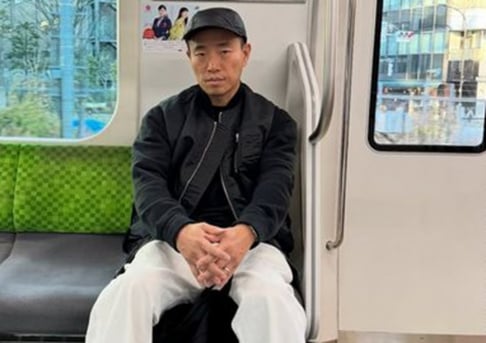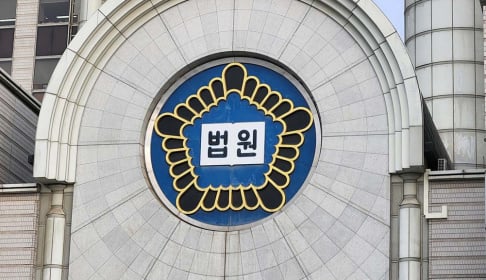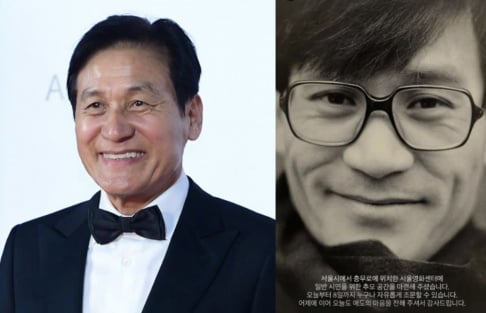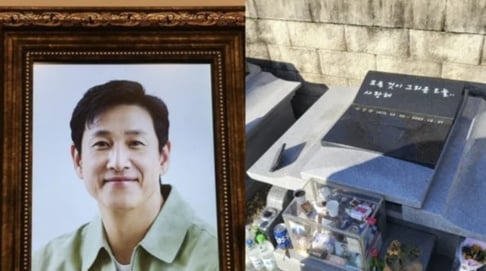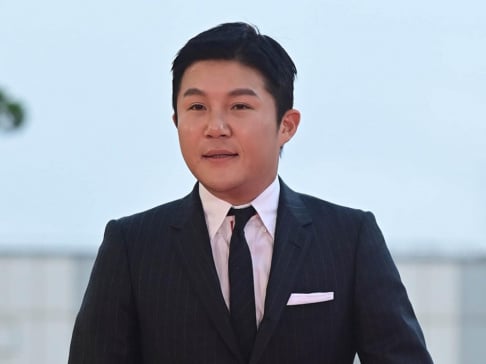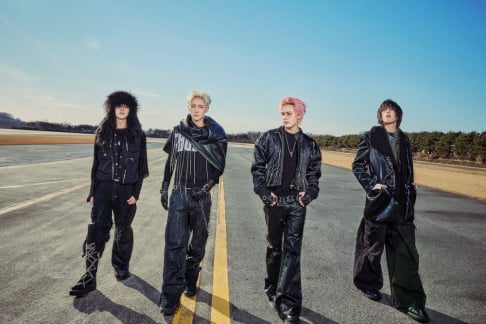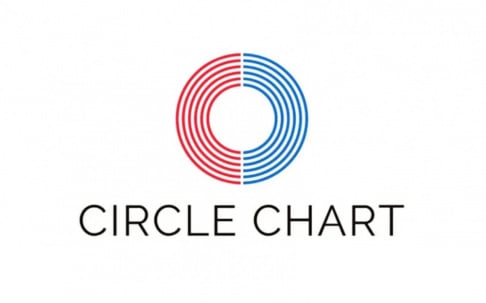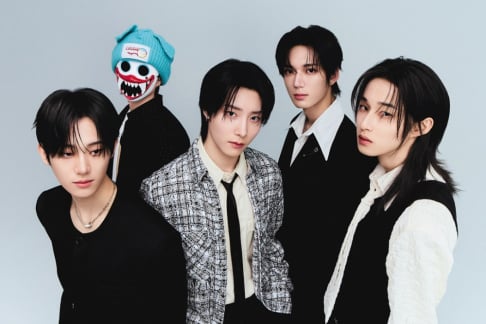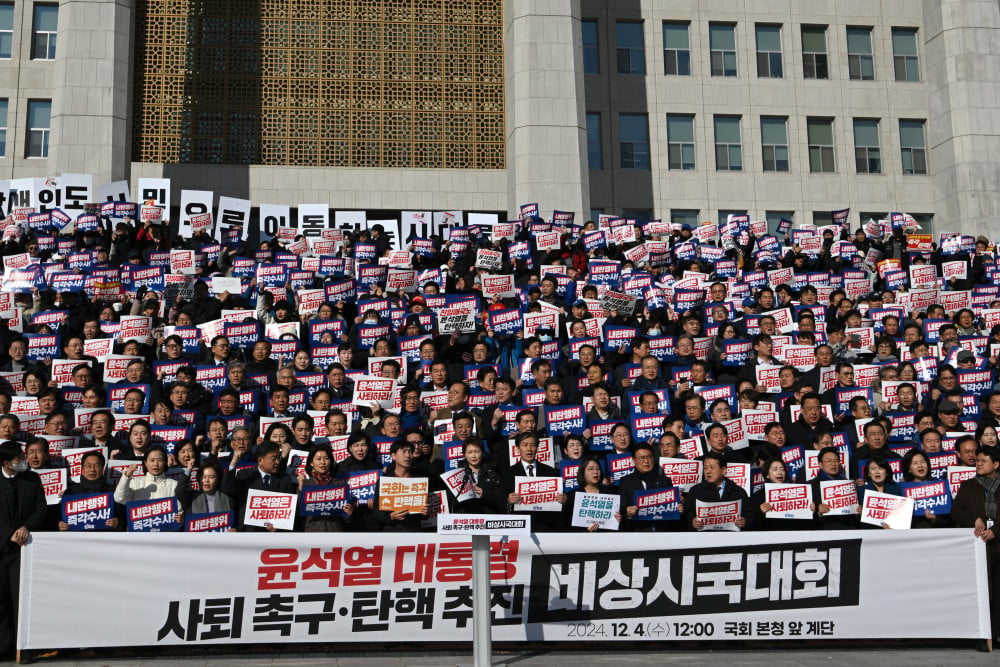
December 4, 2024 – In a dramatic turn of events, South Korean President Yoon Suk Yeol is facing an impeachment vote after his controversial decision to declare martial law, a move he reversed just hours later. The declaration, which was intended to curb what Yoon described as threats from "North Korea's communist forces "and 'anti-state elements," has sparked a significant political crisis in the country.
The opposition parties swiftly submitted a motion to impeach President Yoon, accusing him of overstepping his authority and attempting to suppress political activity and media freedom. The National Assembly, dominated by opposition lawmakers, rejected Yoon's martial law declaration, leading to a tense standoff between the executive and legislative branches.
The situation escalated further when Defense Minister Kim Yong Hyun, a key figure behind the martial law decision, offered his resignation amid mounting pressure from both the opposition and members of his party. The political turmoil has not only shaken the government but also impacted the financial markets, with South Korea's benchmark stock index, the Kospi, experiencing significant fluctuations.
Public reaction has been mixed, with some citizens expressing relief at the swift reversal of martial law, while others voiced disappointment over the missed opportunity to "normalize the National Assembly" and remove opposition members deemed "cancerous to society". Protests have erupted in Seoul, with demonstrators calling for President Yoon's resignation and the restoration of democratic norms.
Internationally, the situation has drawn attention from South Korea's allies. NATO Secretary General Mark Rutte emphasized the importance of South Korea's stability, while U.S. Secretary of State Antony Blinken welcomed the lifting of martial law and urged for peaceful resolution of political disagreements.
As the impeachment proceedings move forward, South Korea finds itself at a critical juncture. The outcome of this political crisis will not only determine President Yoon's future but also shape the country's democratic trajectory in the years to come.
 SHARE
SHARE








